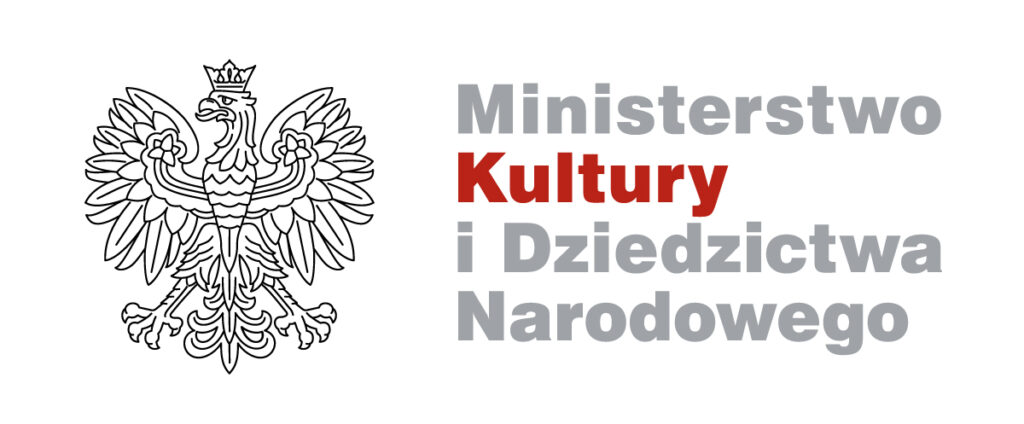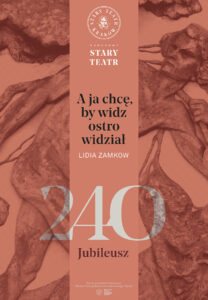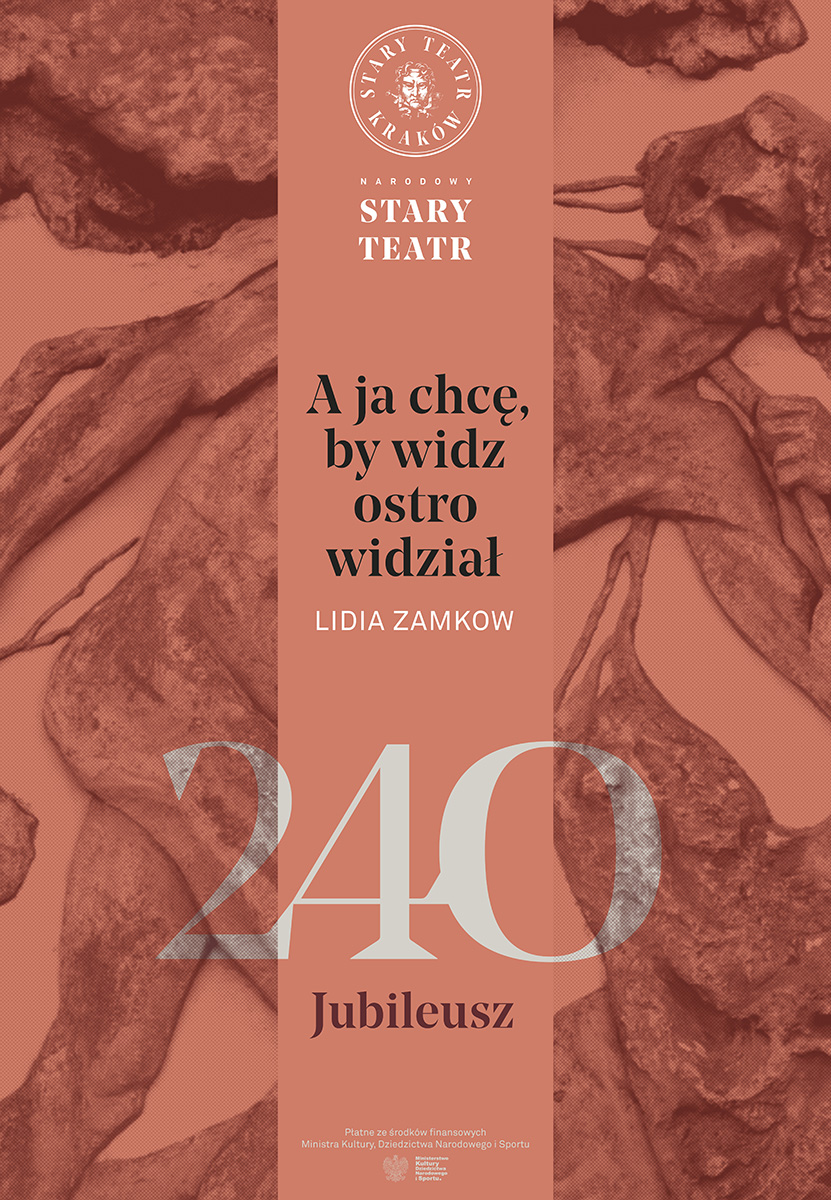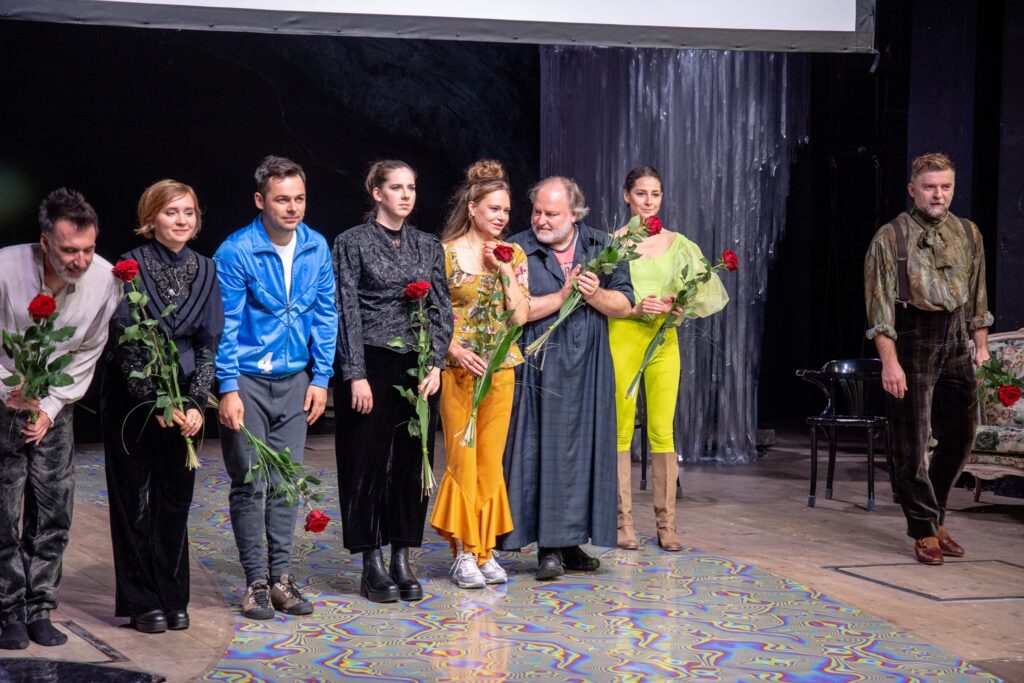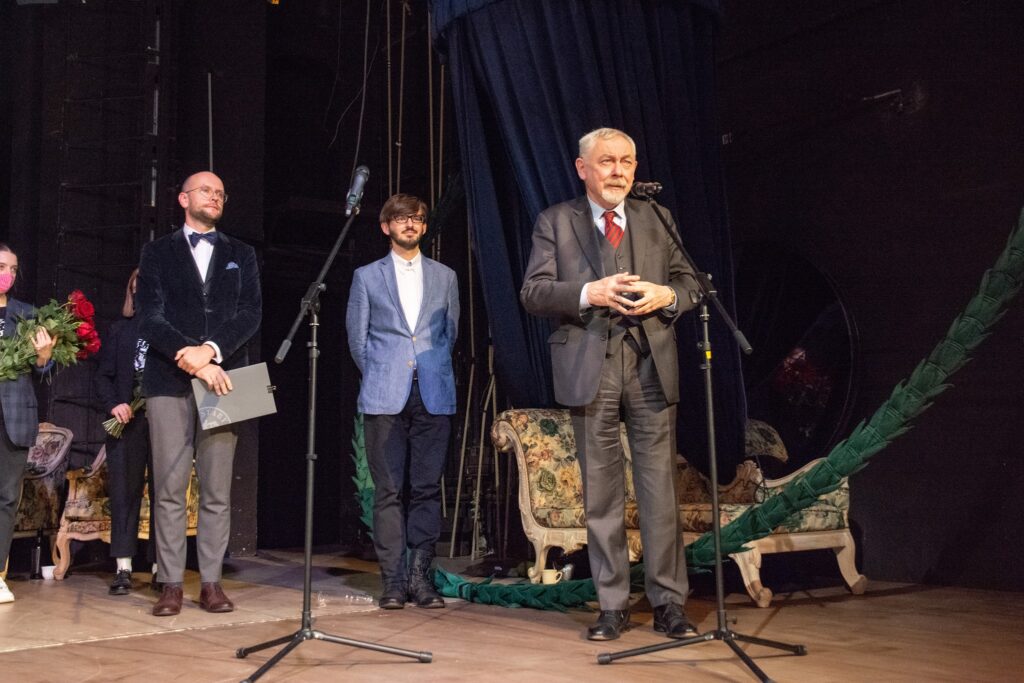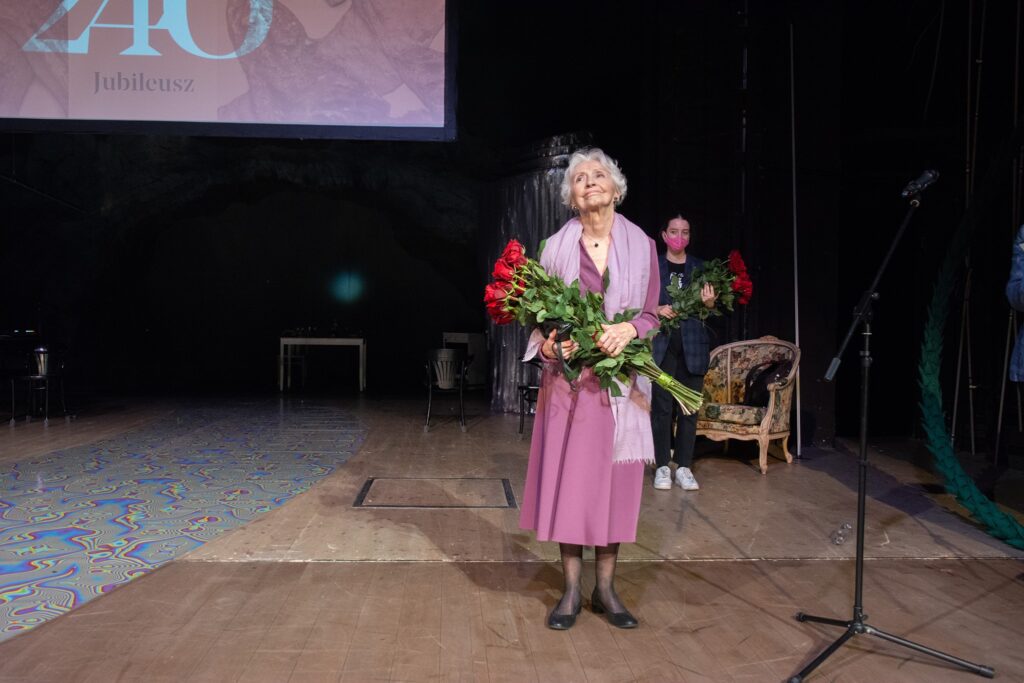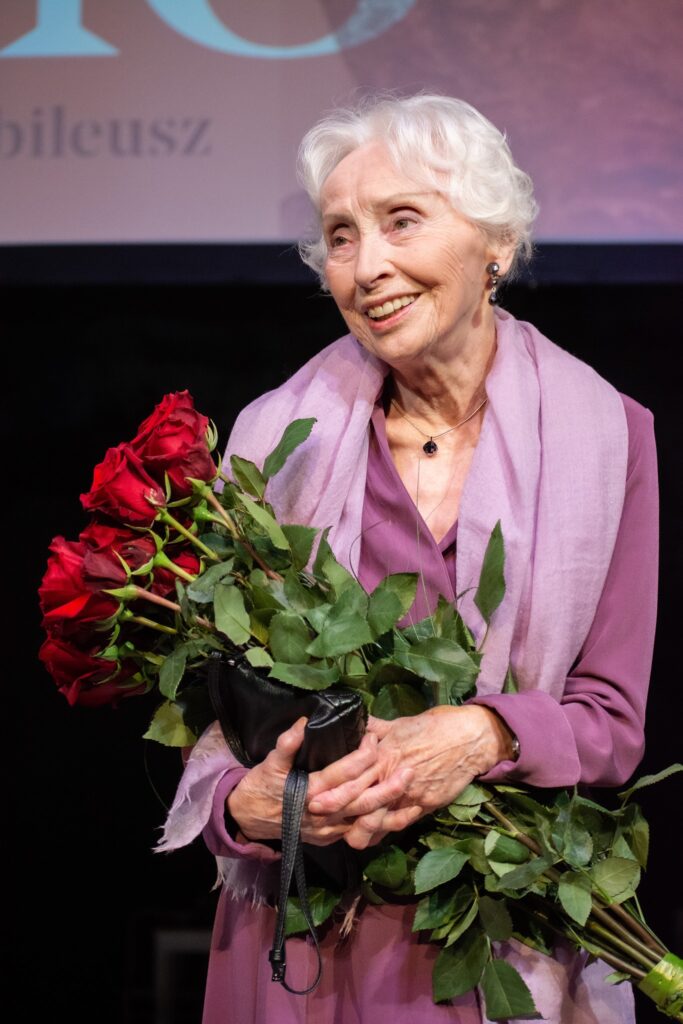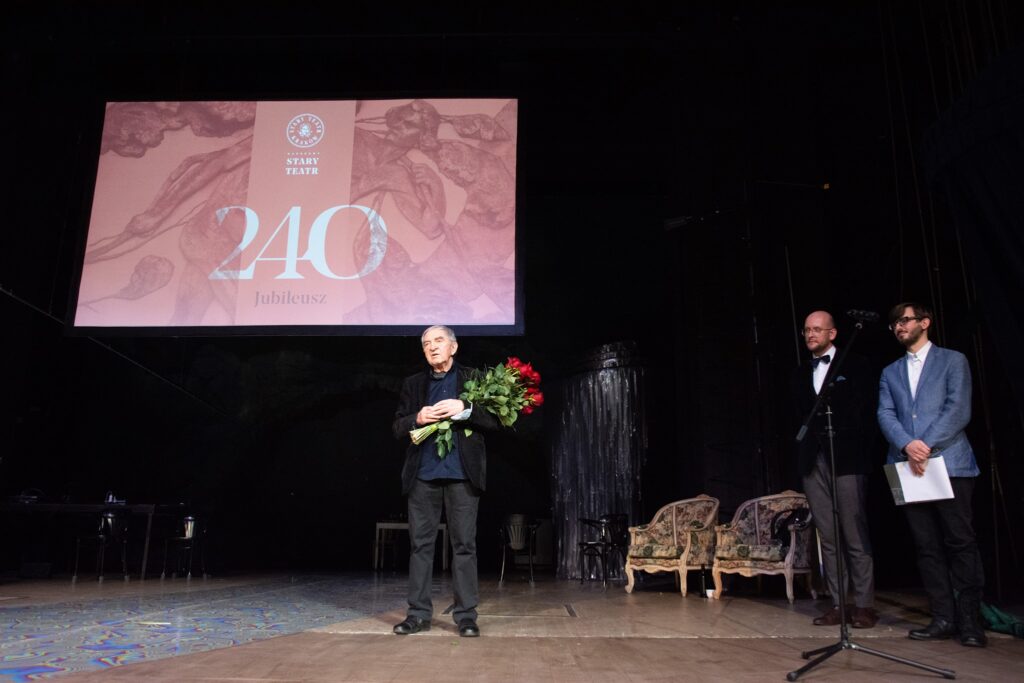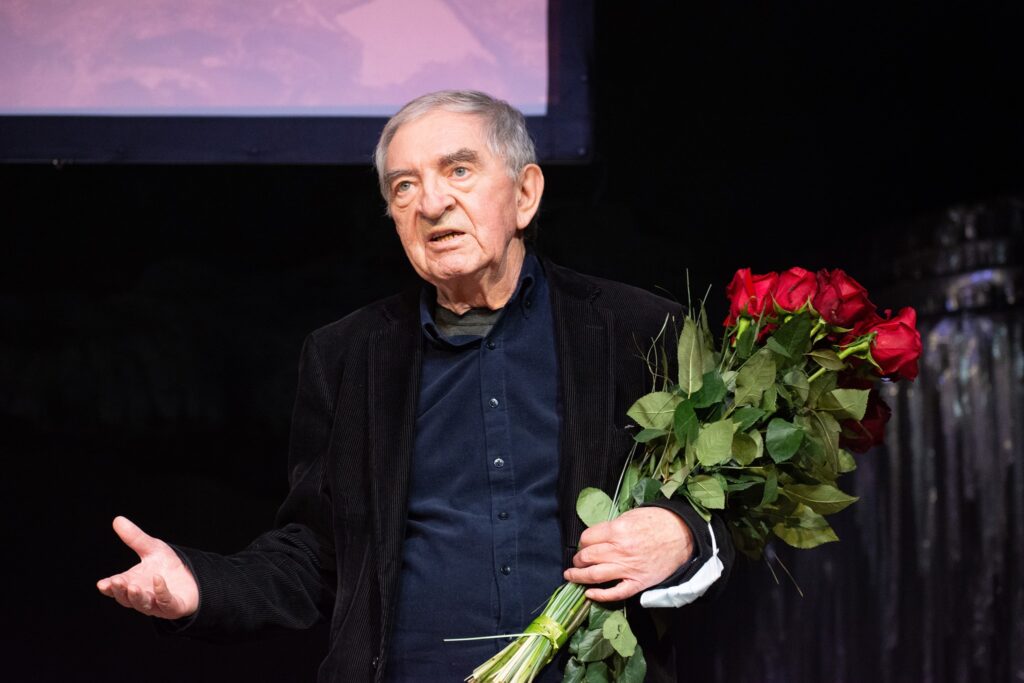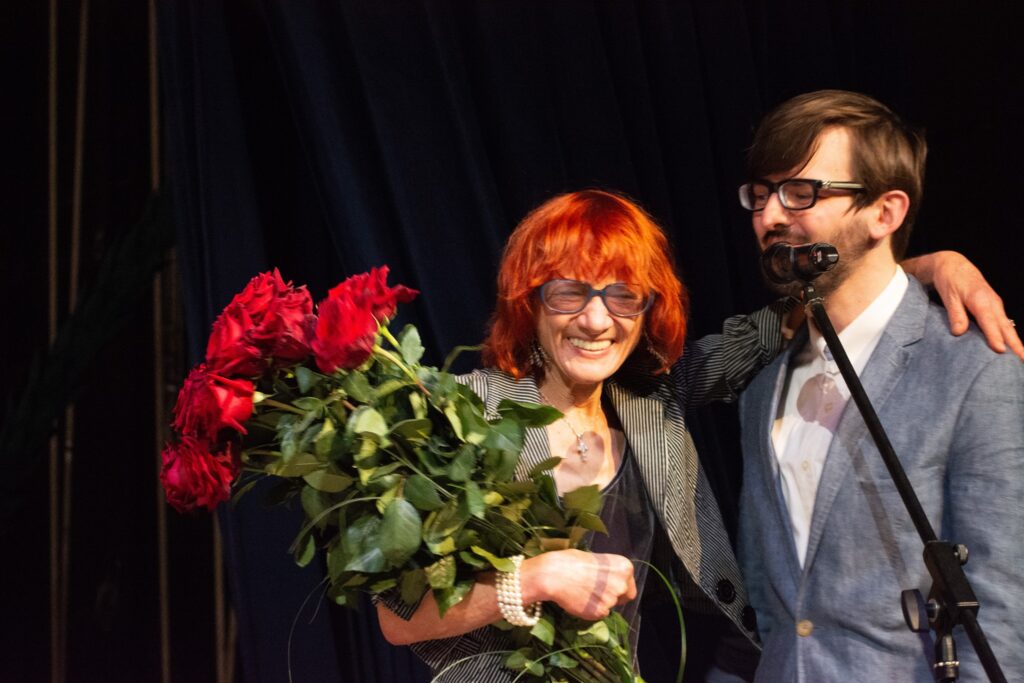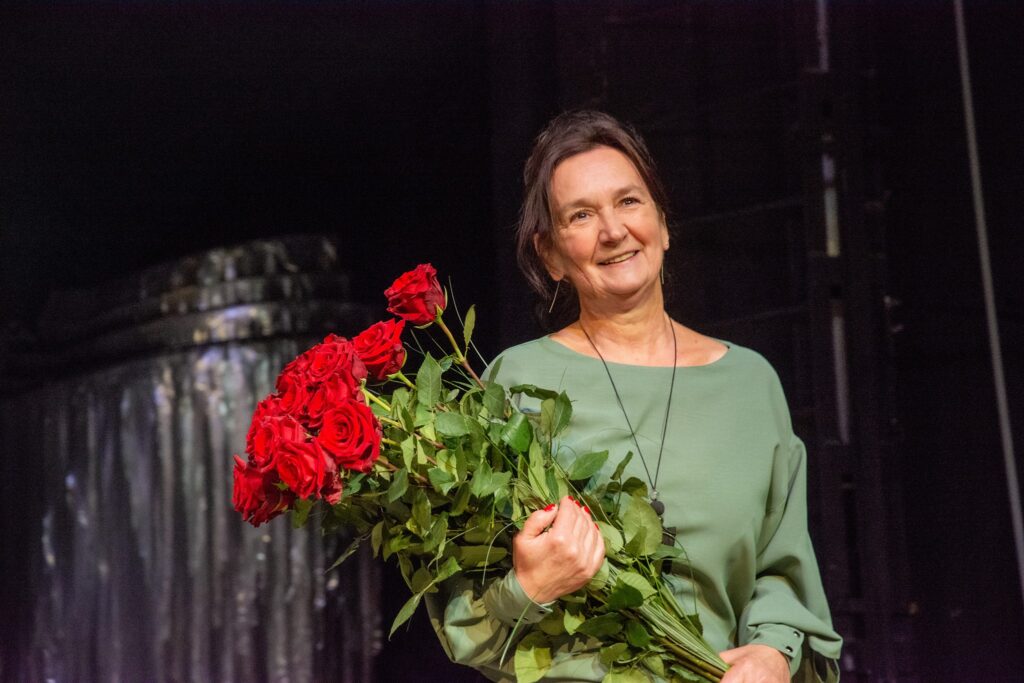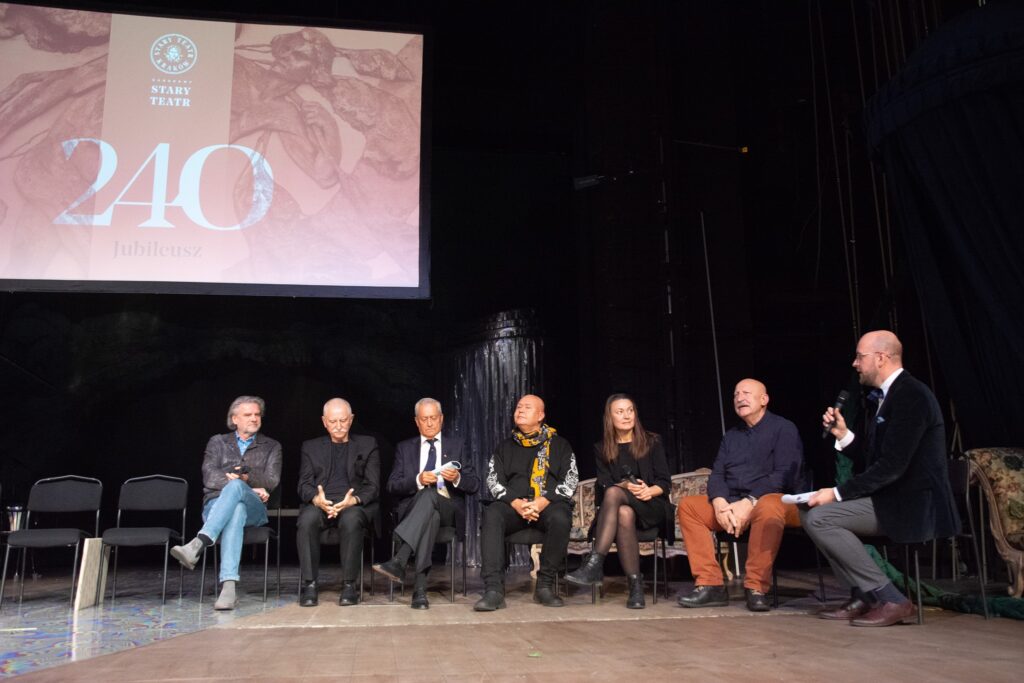240th Anniversary: The Phenomenon of the Stary Theatre
In 2021, we celebrated the 240th anniversary of the creation of a repertory theatre in Krakow. Its history, though tempestuous and punctuated, is pars pro toto the history of the Polish theatre and its most outstanding phenomena. For the whole of this time, the Stary Theatre has managed to hold onto what makes it special.
To the question “what ought the National Stary Theatre be like?” our response might be an attempt to understand what the Stary Theatre has been and how it became what it is. We might see the status of a “national” theatre as a sign of protecting this phenomenon, which is unique on a country-wide scale. The phenomenon of the Stary Theatre—this is how it ought to be seen.
We have decided that the questions of the past, present, and future of the Stary Theatre should be illuminated by quotes drawn from statements by the legendary Konrad Swinarski and the undeservedly forgotten Lidia Zamkow.
They will be illuminated in a literal way as well, for the windows of the Stary Theatre Museum (MICET) have been decorated with neon signs with the anniversary catchphrases:
“Theatre—A Union of Thoughts”—Konrad Swinarski
We chose Swinarski’s words to provoke; we want to both offer them and dispute with them (Swinarski himself used them quite critically), we would like to test their validity. What is a union? Is it a communion of viewpoints, aesthetic tastes, opinions about the world? Or is it merely about the place of meeting, where we can try to talk about the problems in the reality around us, to try to diagnose them and seek their solutions? And can theatre still be this kind of place?
“And I want the audience to see clearly”—Lidia Zamkow
Lidia Zamkow was one of the most active female directors of the twentieth-century history of the Stary Theatre. We would like to take advantage of this 240th anniversary to recall this remarkable woman, who remains overshadowed by her male colleagues. At the same time, we would like to recall her dream. Zamkow’s desire is a challenge for all sides who meet in the theatre: clarity of vision is mandatory for the artists, but also for those seated in the audience. To recall a bon mot of another Krakow artist, no one leaves the theatre unpunished.
On October 17 we began celebrating the 240th anniversary of the city of Krakow giving its consent to begin repertory theatre activities. The celebrations included:
– A presentation of “Halka” directed by Anna Smolar; after the performance on the Duża Stage, a speech by the Mayor of Krakow, Professor Jacek Majchrowski, joined by the directors of Krakow’s theatres;
– An evening’s mapping of The Phenomenon of the Stary Theatre on the facade of our building on Szczepański Square: we flashed through twenty-four decades of evolution in the architecture, ensemble, and events that have shaped the Stary Theatre at telegraphic speed.
– That same day we also inaugurated the THEATRE SHOP, located in the Museum of the Stary Theatre (MICET), where you can purchase theatre gadgets and THE PHENOMENON OF THE STARY THEATRE publications specially prepared for the anniversary.
During the jubilee gala ceremony well-wishers to the Stary Theatre included:
Gabor Tompa—the chair of the Union of European Theatres, which the Stary Theatre has joined once more,
Maria Reviakina—director general of the Gold Mask Festival in Moscow
and
Patrick Spottiswoode—founder of the Education Department of the Globe Theatre in London.
The jubilee season will also include ten premieres, accompanying events, and a few surprises we have in store for our viewers.
The jubilee has been financed by funds from the Ministry of Culture and National Heritage.
